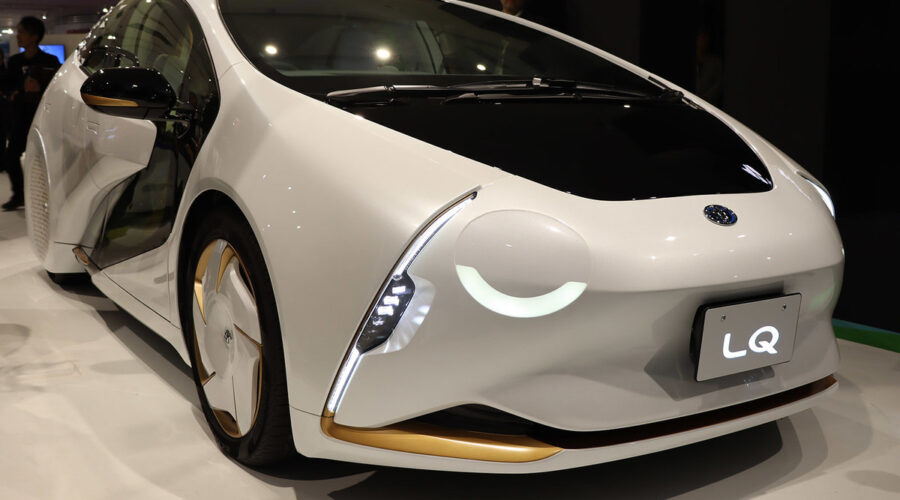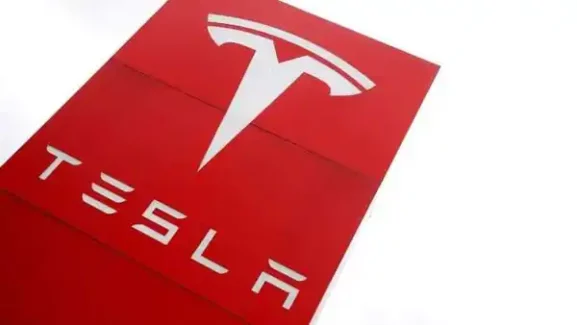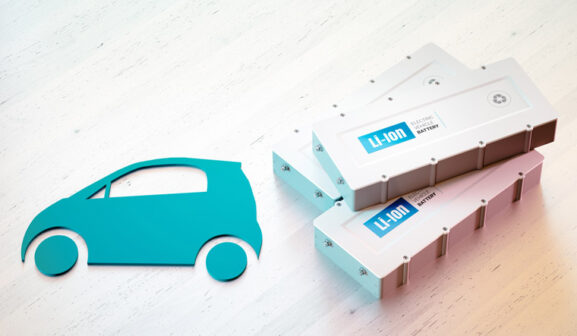Toyota: Reason Behind Shift From Gears to Electric Vehicles
Toyota Motor Corporation has pledged an investment of 8 trillion yen ($70 billion) to electrify its vehicles by 2030. Half of the pledge will go toward developing a battery electric vehicle (BEV) lineup, as the automaker seeks to capitalise on a growing market for zero-emission vehicles. Long after its global competitors had or are moving away from internal combustion engine (ICE) vehicles that use fossil fuels, the company’s CEO announced the shift to battery vehicles.
While some have characterized the decision as abrupt, early signs pointed to changes at the world’s largest automaker. The company had previously stated that it was working on a new Europe-specific vehicle platform that would be capable of supporting full-hybrid, plug-in hybrid, and full-electric powertrains.
The CEO of Toyota, Akio Toyoda said, “We want to contribute to the creation of a world that entails neutrality of carbon. This has always been and will remain the mission to Toyota as a global corporation. This will give people a planet to live happily ever after. So, to meet this challenge, it is essential that we reduce the emission of CO2 in the best possible way and as quickly as possible.
Why did Toyota reverse its decision?
Activists, regulators, and others have put a lot of pressure on traditional carmakers to switch to vehicles that are carbon-neutral at the very least. While many car companies were hesitant to make the switch, the growth in demand and sales of electric vehicles, as well as Tesla’s incredible success, has persuaded many.
Electric vehicles have grown in popularity as a result of government incentives and national plans to promote them to reduce national emissions.
Toyota, which had expressed concerns against the quicker adoption of electric vehicles, now doubts that consumers will buy battery-powered vehicles, claiming that EVs aren’t always better for the environment than hybrids and that a sudden shift to EVs could jeopardize Japan’s auto industry.
However, the company is now moving forward with plans to adopt BEVs.
The CEO of the company stated that ” We live in a world and a time when it is difficult to predict the future. Hence it is difficult to satisfy with the one-size-fits-all solution. Toyota wishes to provide its customers with as many options as possible around the globe.”
What is Toyota’s position in the EV market?
While Toyota is new to the BEV game, it has been a trailblazer in the development of other carbon-neutral vehicles. The Prius, the company’s hybrid electric vehicle, is one of the most popular hybrid vehicles on the market. The company has also been at the forefront of hybrid vehicle development and research, as well as plug-in electric vehicles and hydrogen-fueled vehicles.
This is what the company further explained, “ We are the ones who believe that electric vehicles can be categorized into two groups based on the amount of energy consumed. One of which is carbon-reducing vehicles. Though irrespective of the type of electric vehicle, it will not give you zero CO2 emission unless the energy that powers them is clean.”
Another type of electric vehicle is a carbon-neutral vehicle, the vehicle that emits zero CO2 and runs on clean energy through the life cycle. He further added, “We the team of Toyota make sure that every possible thing is done to make the carbon-neutral vehicles become reality.”



